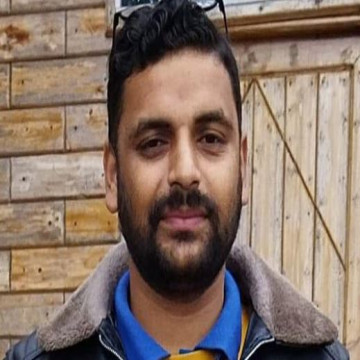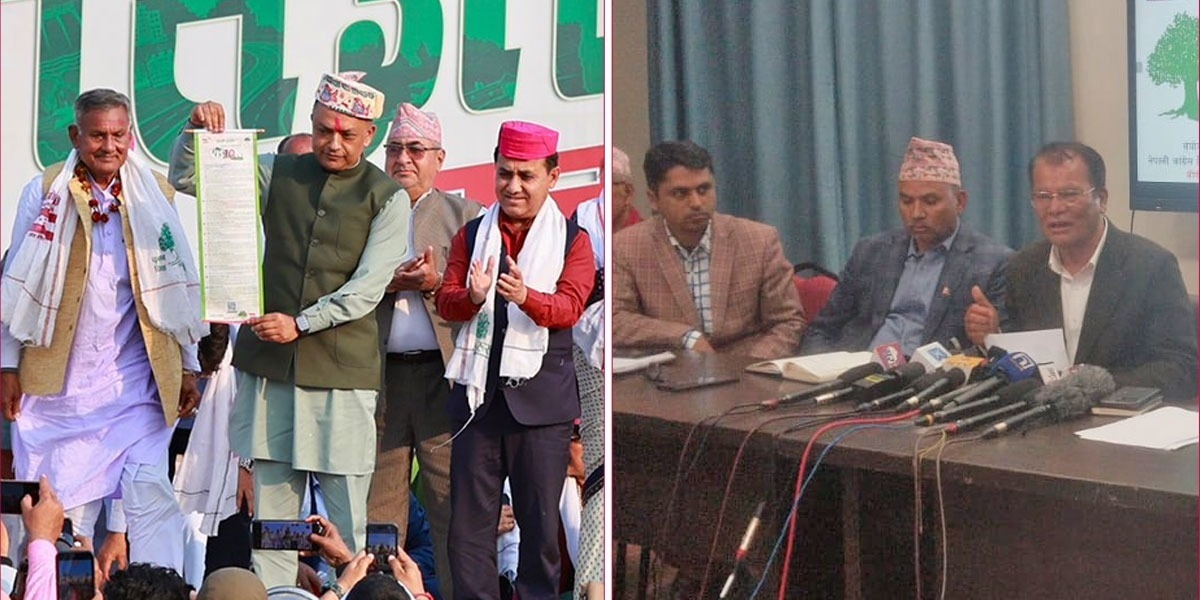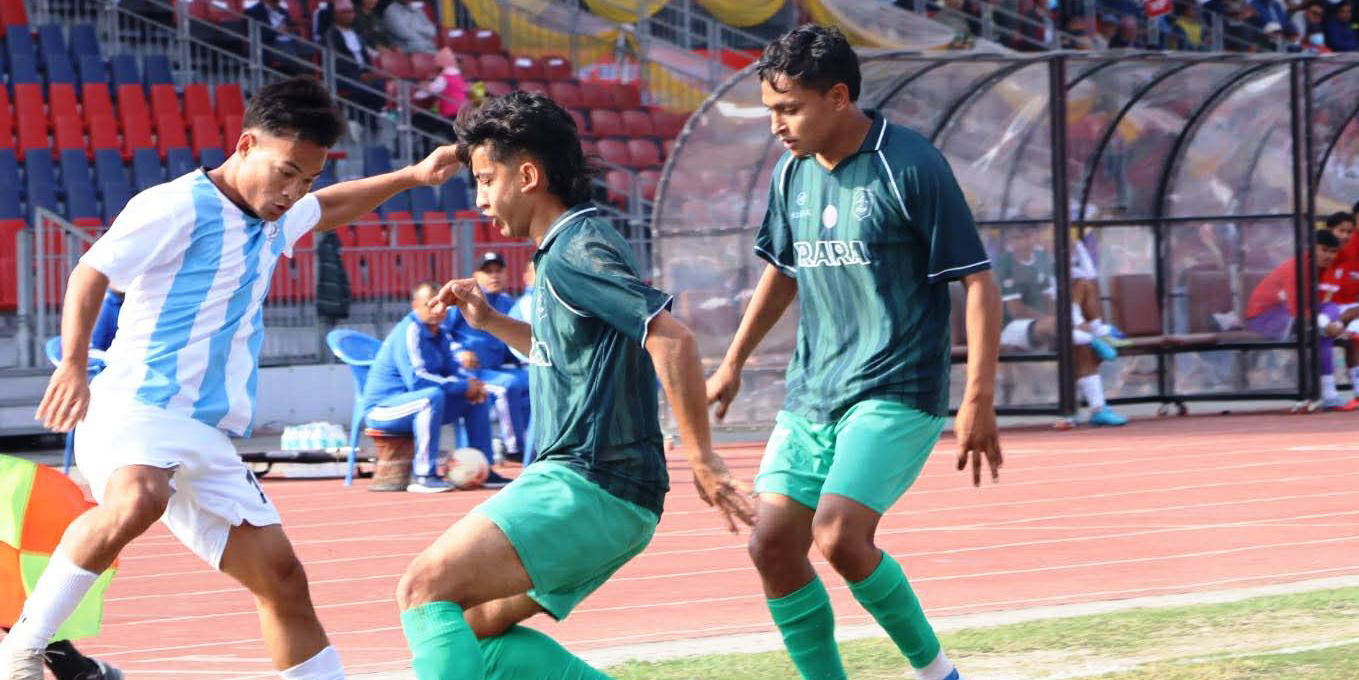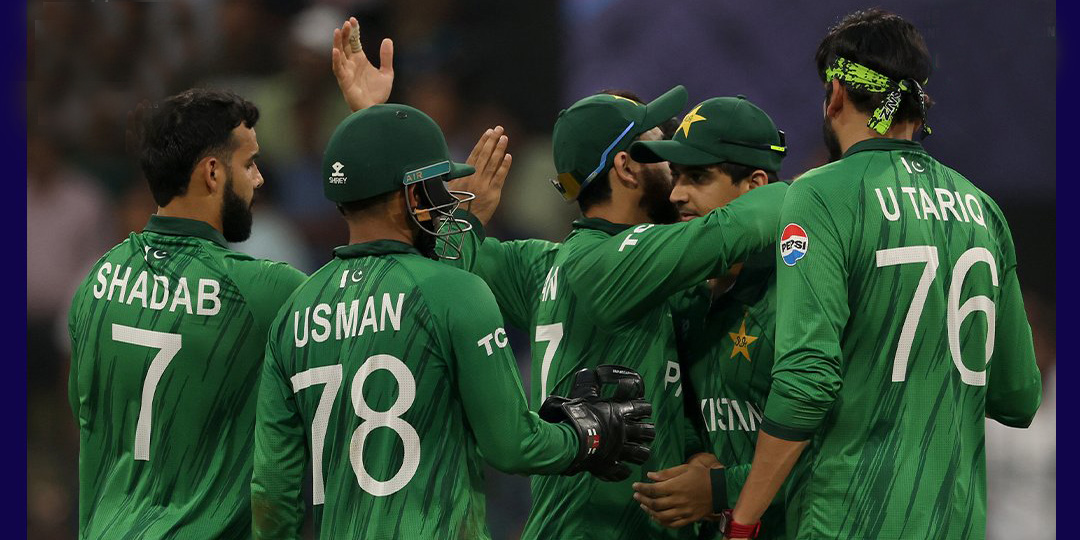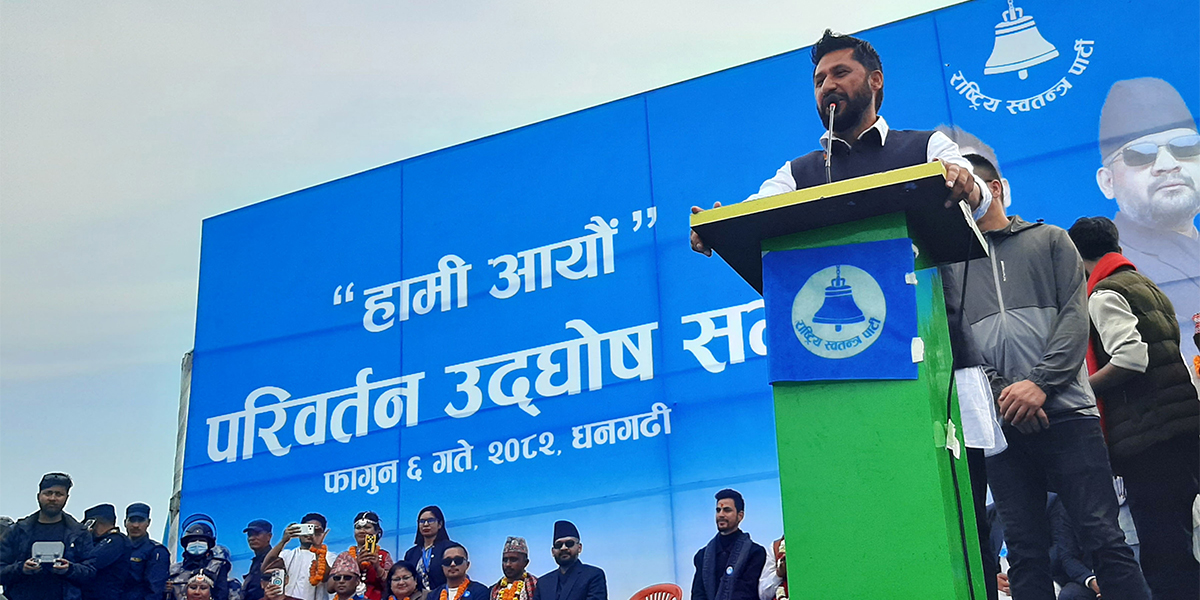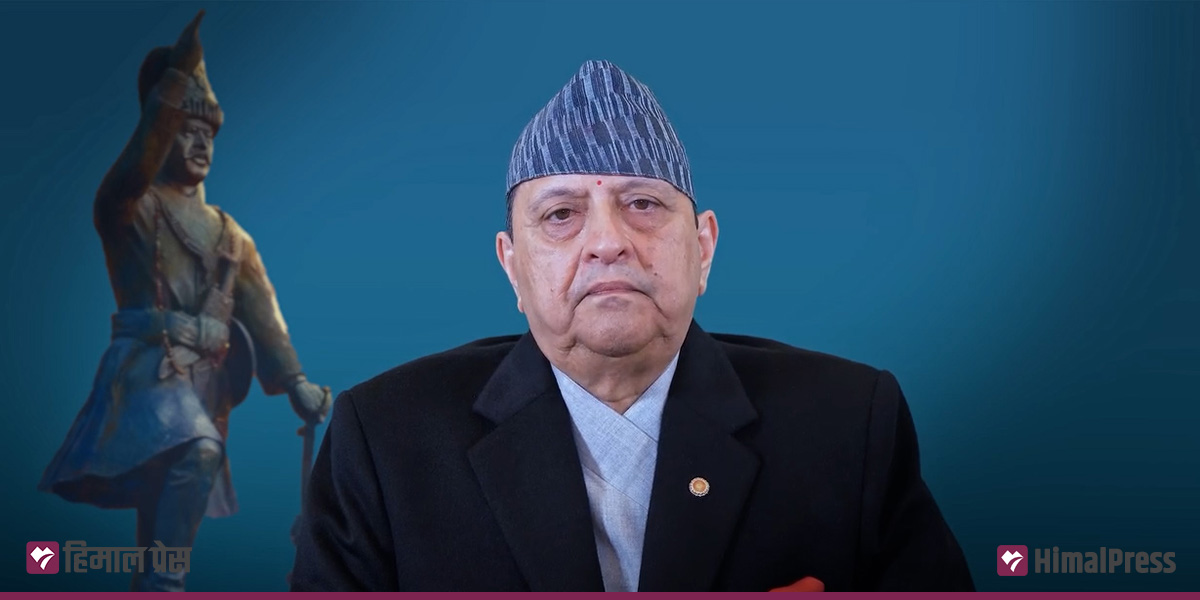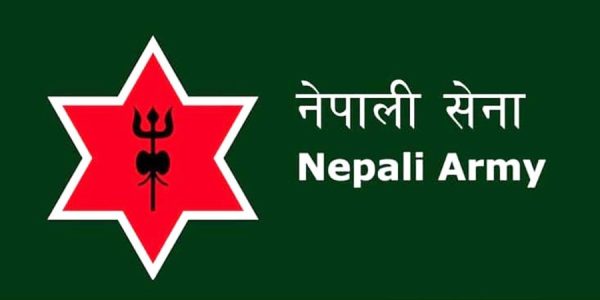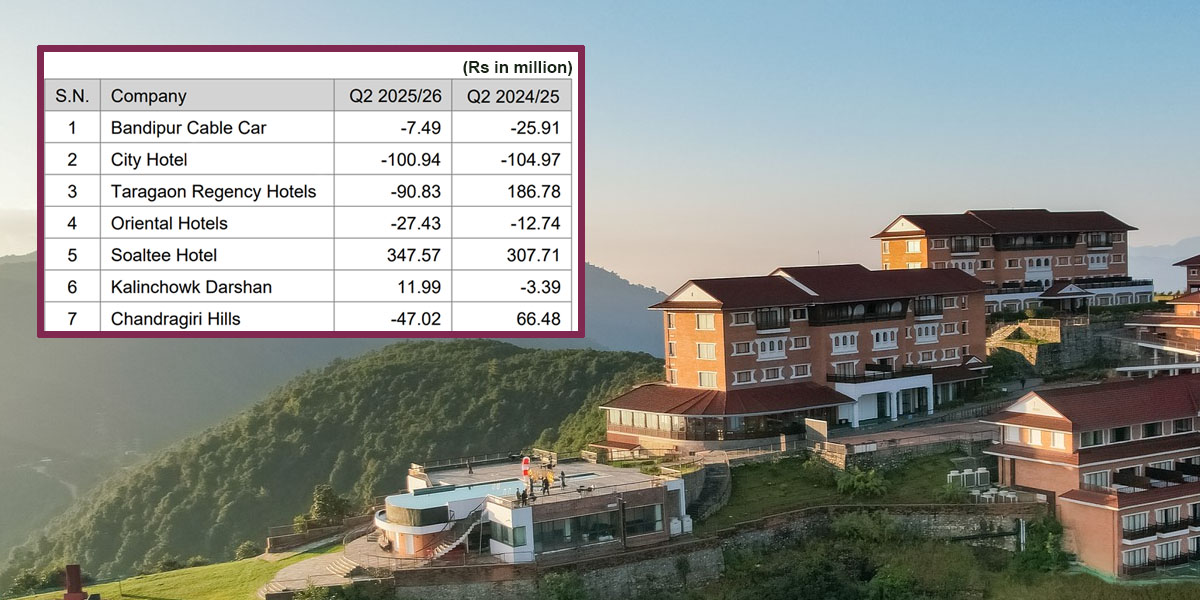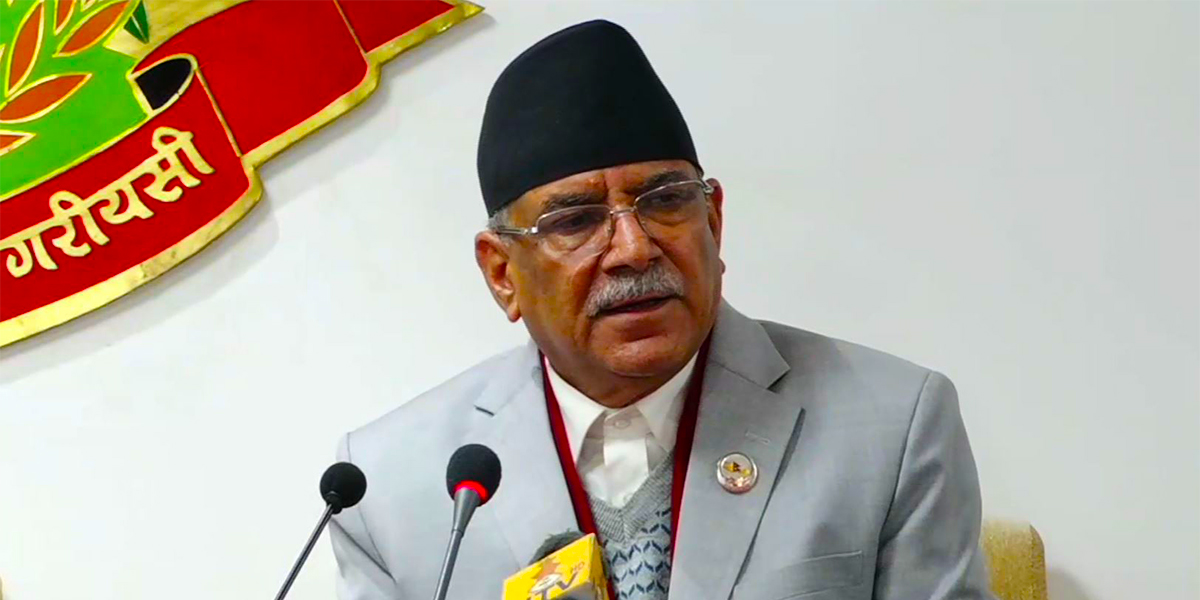
KATHMANDU: Differences have arisen in the seven-party coalition even though it has only been 40 days since Prime Minister Pushpa Kamal Dahal was sworn in. CPN-UML, Rastriya Swatantra Party (RSP), Rastriya Prajatantra Party (RPP), Janata Samajbadi Party (JSP), Nagarik Unmukti Party, Janamat Party and three independent leaders supported the CPN (Maoist Center) Chairman in forming the government on December 25.
However, all these parties have grown dissatisfied with Dahal. The increasing influence of UML and Maoist Center, lack of proper discussions in the seven-party political mechanism, and Dahal’s tilt towards opposition parties are causing strain in the ruling coalition.
Leaders say that the power struggle between UML and Maoist Center is intensifying with every passing day with many blaming Prime Minister Dahal for the situation. Disputes with RSP over the home ministry, Dahal’s statement forbidding ministers from speaking against federalism, secularism, and the republican system, and the decision to send Janamat Party lawmaker Arun Kumar Chaudhary to jail all indicate that the coming days will be challenging for Dahal.
Main dispute with UML
Dahal became Prime Minister for the third time with the support of UML. Despite this, UML Chairman KP Sharma Oli is perceived as the most powerful leader in the coalition. This is creating a crisis of confidence between these two leaders. Further, Dahal’s skepticism of Oli has grown after the latter defended his decision to recommend the dissolution of parliament in the previous term.
“Maoist leaders are unhappy with UML over the distribution of ministerial portfolios among coalition partners. They are also unhappy with the UML’s decision to appoint three ministers during Dahal’s swearing-in ceremony on December 26. Maoist Center Secretary Dinanath Sharma stated that UML named three ministers without even consulting the Prime Minister.
Maoist sources claim that the two parties had agreed to appoint one minister each in the cabinet on December 26. While Senior Vice Chairman Narayan Kaji Shrestha was sworn in alongside Dahal from the Maoist Center, UML appointed Vice Chairman Bishnu Pooudel, Damodar Bhandari, Rajendra Rai, and Jwala Kumari Sah. Maoist leaders also accuse Oli of interfering in the government’s daily functioning. Another Maoist Center leader said: “Oli’s highhandedness was evident while preparing the minimum common program of the government.”
Maoist Center leaders accuse Oli of trying to control the political mechanism of the ruling coalition. Meanwhile, UML leaders claim that the Maoist Center is trying to weaken UML by aligning with Nepali Congress (NC). UML leader Bhanubhakta Dhakal said: “NC is desperate to come to power. We shouldn’t give it room to maneuver.”
While forming the coalition, Dahal and Oli had agreed to give the positions of President and Speaker to UML. As per this agreement, UML’s Devraj Ghimire has already been elected as Speaker. However, Prime Minister Dahal is now advocating for a ‘national consensus’ for the presidential post, which has caused disappointment among UML leaders. Some Maoist leaders have openly stated that UML should not be given the presidency.
Deputy Chief of UML’s Publicity Department, Bishnu Rijal, claimed that the Maoist Center is attempting to bypass the agreement reached with the coalition. “If the Maoist Center truly cares about national consensus, it should offer the Vice Presidency to NC. Going against the previously reached understanding is wrong,” Rijal added.
Maoist leaders say they are pushing for a national consensus for the presidency due to a compulsive situation. Deputy General Secretary of Maoist Center, Giriraj Mani Pokharel, said: “Our pursuit of a national consensus is a compulsion for us after the NC gave its confidence vote to PM Dahal.”
Home ministry dispute with RSP
The RSP has given a two-day ultimatum to Prime Minister Dahal to return the Home Ministry to the party. It all began after the Supreme Court declared RSP President Rabi Lamichhane unfit to continue as the Member of Parliament, Deputy Prime Minister, Home Minister, and party president after invalidating his citizenship certificate.
Prime Minister Dahal is facing pressure within his own party to retain control of the Home Ministry. Lamichhane, on the other hand, has restored his citizenship and has been re-elected as president of the RSP. Despite this, Prime Minister Dahal has refused to re-appoint Lamichhane as Home Minister, stating that he could be prosecuted on dual passports charges.
The RSP has termed the decision political dishonesty, as the ruling coalition had previously allotted the Home Ministry to the party. The RSP’s threat to leave the coalition if is not given the Home Ministry has put Prime Minister Dahal in a difficult position.
RSP General Secretary Mukul Dhakal stated that the party has given a two-day ultimatum to Prime Minister Dahal. “If we don’t receive the Home Ministry as per the previous agreement, we will leave the coalition.”
RPP too is dissatisfied
Recent comments on federalism and secularism by RPP leader and Law Minister Dhruba Bahadur Pradhan have caused controversy. Pradhan said the party will continue to oppose federalism and secularism. Prime Minister Dahal has stated that he will seek clarification from ministers making such comments.
During a meeting of the House of Representatives, lawmakers of the ruling coalition had differing views on the issue. RPP General Secretary Dhabal Shamsher Rana declared in the parliament that the RPP’s agenda is a constitutional monarchy and Hindu nation and that no one can stop the party from establishing its agendas. “We can leave our posts, but not our agenda,” he said.
Rana’s statement elicited responses from leaders of other coalition parties. Maoist Center’s Shakti Bahadur Basnet questioned, “How can one speak against the system under which they were sworn in?” Similarly, UML leader Raghuji Pant said such expressions were against the constitution.
RPP Spokesperson Mohan Shrestha defended the party’s stance, saying that the party cannot abandon its agendas simply because it joined the government. “We have every right to advocate for our agendas in the parliament and the streets,” he added.
Janmat, JSP too have grievances
Madhesh-based Janamat Party and Janata Samajbadi Party also have grievances with the government. Janamat joined Prime Minister Dahal’s government on December 26. Its leader Abdul Khan took the oath of office and secrecy alongside Dahal. However, the party is dissatisfied with the Prime Minister for not receiving the ministry of its choice. “We had demanded the industry and agriculture portfolio, but were given the Water Supply Ministry. We are definitely not happy. Let’s see what the Prime Minister does.”
JSP had sought three ministries and one deputy minister. But due to Prime Minister Dahal’s reluctance to give them the Deputy Prime Minister position and the ministries of their choice, the party is uncertain about joining the government.
Nagarik Unmukti furious
The Nagarik Unmukti Party is on the brink of leaving the ruling coalition. The party’s only demand is the immediate release of its founding president Resham Chaudhary who is serving a jail term for orchestrating the infamous Tiakpur incident. The arrest of its lawmaker Arun Kumar Chaudhary on Wednesday has further infuriated the party. RSP has demanded Chaudhary’s unconditional release and has already threatened to exit the coalition if he is not freed.
The party has also decided to field a candidate in the upcoming National Assembly election and has stated that it will not give a vote of confidence to the coalition government in Sudurpashchim Province.
“We cannot support the government if our innocent leaders are not released from jail,” said party president Ranjita Shrestha. “The government should at least create a conducive environment for their release,” she added.

